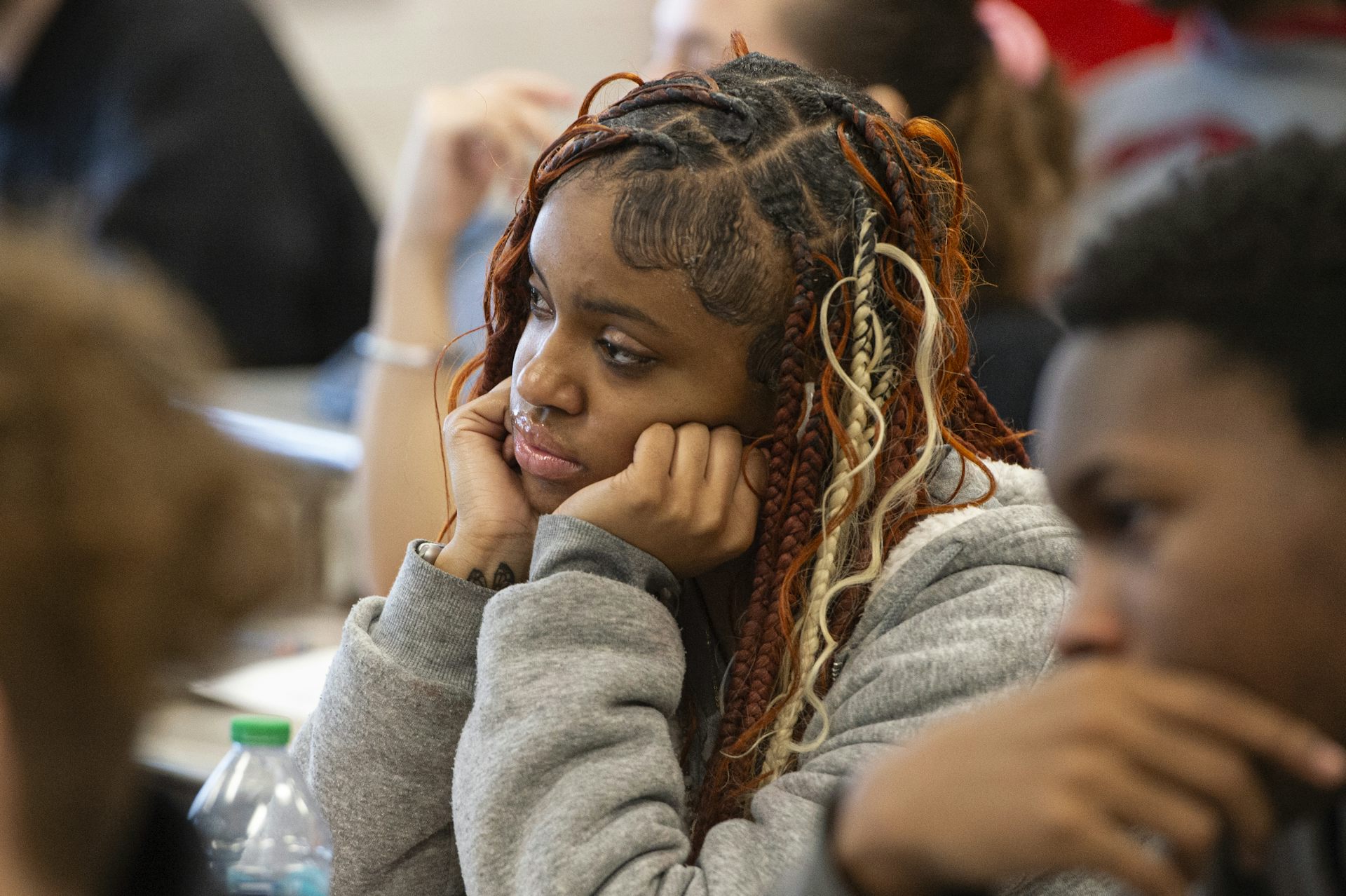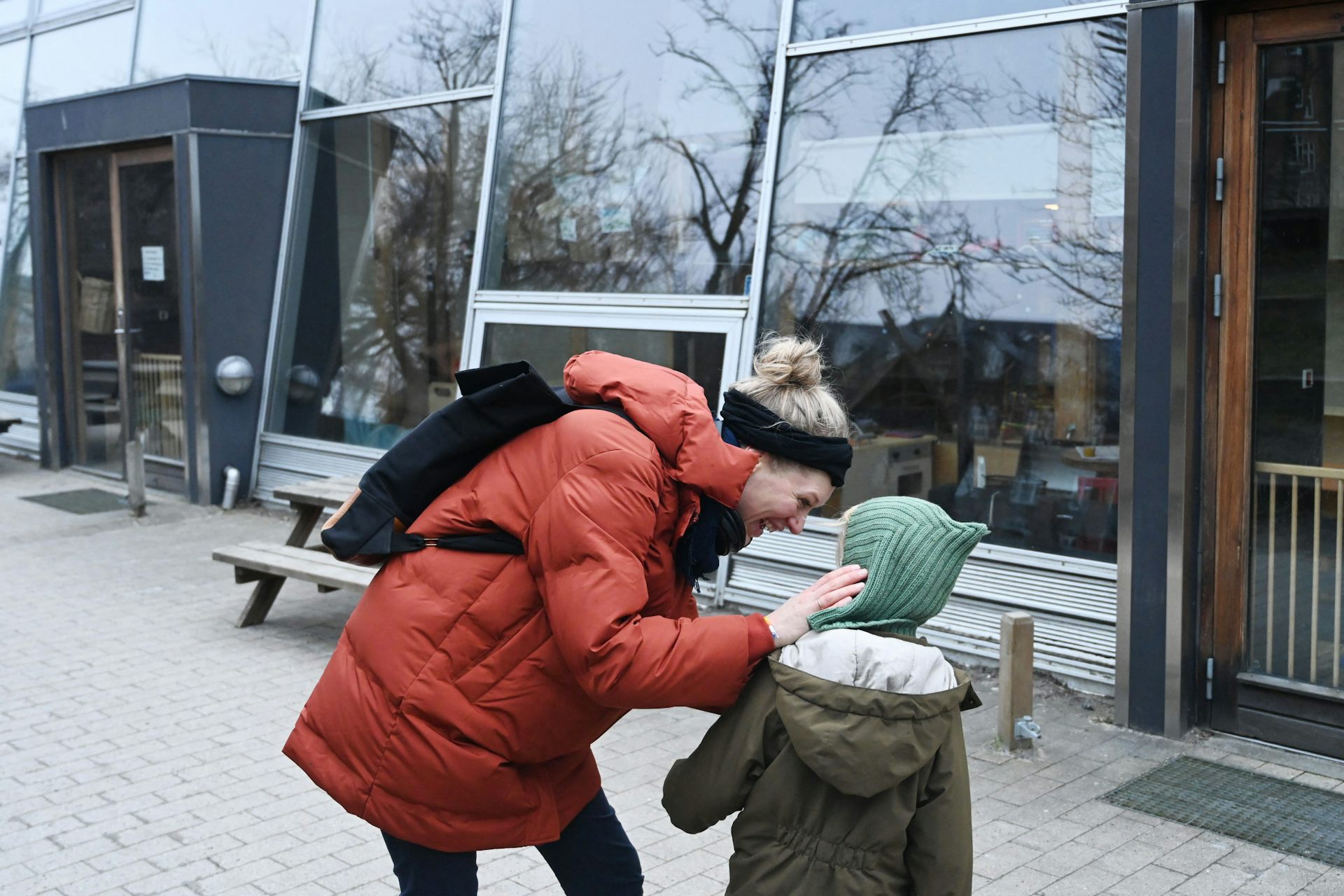Davos grapples with inequality
The global elites are paying attention.

In accepting an award for his efforts to “uphold human dignity” at the 2018 World Economic Forum, musician and philanthropist Elton John decried economic inequality as “disgraceful.” Panelists at the invitation-only conference in Davos, Switzerland, hashed over inequality in line with its theme of “Creating a Shared Future in a Fractured World.”
And in a report released to coincide with the elite confab, the charity Oxfam reported that 82 percent of the wealth created globally last year went to the top 1 percent while the bottom half of humanity, 3.7 billion people, saw absolutely no gains in their wealth.
Over my decades of research and experience as a clinical law professor representing low-income clients, I have seen not only the effects of economic inequality, but also the importance of the perspectives of those most affected. I believe that until the drivers and dishwashers toiling in the chalets at Davos – along with their working brothers and sisters across the globe – get the microphones and push the levers of policy, economic inequality is likely to persist and perhaps get worse.
Fear and fretting at Davos
The global elites at Davos are paying attention. They worry that inequality is driving the sort of political populism that landed Donald Trump in office. His nationalistic “America-First” philosophy runs contrary to the Davos dogma of globalization, economic integration, and free trade.
In addition, a growing number of business leaders are realizing that if they do not share the economic pie, there will be no one left who can afford the goods and services that drive corporate profits.
However, if you asked the average worker about economic inequality, you would likely hear a set of different concerns.
To begin with, economic inequality is unfair. Most citizens of Western democracies support capitalism. They believe that talent and hard work should beget monetary rewards. But their work ethic is not paying off. In America, since the mid-1970s, worker productivity has grown six times faster than wages.
What meritocracy?
Meanwhile, the rich are amassing their fortunes from sources other than work, such as investments and property ownership, which they then pass on to their heirs. For Wall Street executives, pay is often unmoored to actual performance, yet they earn 271 times more than their workers.
Middle-class parents in the United States can no longer count on their children out-earning them. Only half of U.S. workers born in 1980 earn as much as their parents did at the same age, economist Paul Krugman, a New York Times columnist, has observed.
What’s more, 40 percent of the people born at the bottom rung of the income ladder remain there throughout their lives. The same stickiness exists at the top quintile, meaning that who your parents are often determines where you end up economically. For many people, this reality renders the national faith in an American work-hard-and-rise meritocracy a myth.
If asked, average American workers probably want full-time employment with predictable schedules. They surely want paid family leave (like every other developed nation guarantees), along with paid sick leave, affordable child care and health insurance.
Economic inequality is also correlated with a range of societal dysfunctions, including poor physical and mental health, increased maternal and child mortality, lower educational attainment, high levels of crime and incarceration and shorter lifespans. These social ills not only reduce productivity, they are costly to combat.
Beholden politicians
Yet politicians have little incentive to tackle these problems because they are beholden to the interests of their donors. Studies show that politicians implement policies favored by the wealthy. Our lawmakers know little about the struggles of the average person because they usually come from the elite classes themselves.
The Supreme Court has ruled that political spending by corporations and lobbyists and other outside groups can’t be meaningfully restrained. Mega-rich donors are spending lavishly on elections, thus ensuring an outsized influence in policies.
Not surprisingly, the rich are winning big.
One example: About 83 percent of the new tax law’s economic benefits will flow to the wealthiest 1 percent of Americans. Meanwhile, it’s expected that the GOP will seek to pay for these tax cuts on the backs of the poor, by slashing spending on safety net mainstays such as Medicaid and food stamps.
If the financial and political elite who gather in Davos really want to understand and solve economic inequality, they need to leave the ski resort and include the voices and concerns of everyone who doesn’t get to go there.
Michele Gilman is affiliated with the ACLU of Maryland and the Women's Law Center of Maryland.
Read These Next
3 generations of Black Philadelphia students report persistent anti-Black attitudes in schools
A sociologist explains how Black students in Philadelphia navigate racial prejudice and find affirmation…
Fifteen years after Egypt’s uprising, how faith and politics reshaped a generation
The 2011 revolution transformed religious life in unexpected ways – especially among some young Egyptians.
How the law can add to child sex trafficking victims’ existing trauma
State law aimed at protecting sexually trafficked children can cause more harm than good by identifying…






